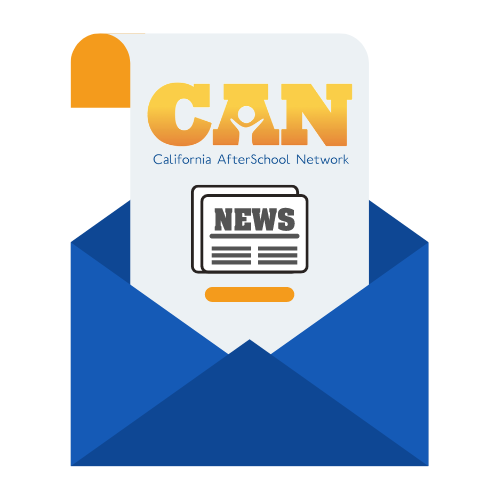Out-of-School Time in California
Expanded Learning in California
Expanded Learning programs are a subset of Out-of-School Time (OST) programs in California that receive funding administered by the California Department of Education’s Expanded Learning Division and are defined in the California Education Code as “before and after school, summer, and intersession learning experiences that develop the academic, social, emotional, and physical needs and interests of children and youth.
Child Care Programs in California
California (The California Department of Education Early Learning and Care Division) administers and funds a variety of subsidized child care programs designed to serve low-income students. These programs are funded through CalWORKs stages 2 and 3, family child care, general child care, migrant care, migrant alternative payment, severely handicapped, and alternative payment programs. Thousands of additional school-age children are served through CalWORKs Stage 1 Child Care, administered by the California Department of Social Services through County Welfare Departments. Learn more about Child Care funding in California.
Summer Learning in California
Summer learning programs have the potential to help youth improve their academic, social and behavioral outcomes, and provide unique opportunities for students to gain skills and master academic content. This is especially true for children from low-income families who might not have access to educational resources throughout the summer months.
Research & Data
Key Resources
The State of the
State for Expanded Learning in California
These publications, developed by CAN in coordination with the
California Department of Education Expanded Learnign Division,
provide an overview of the public investment in Expanded
Learning opportunities in California.
How to Start an Out-of-School Time Program
The California AfterSchool Network’s mission is to provide the resources and support needed by the OST field and its partners across sectors to build high-quality OST programs that improve the lives of California’s most vulnerable children, youth, families, and communities.
This short guide (below) is intended to be a brief overview of public and private out-of-school time opportunities in California.

